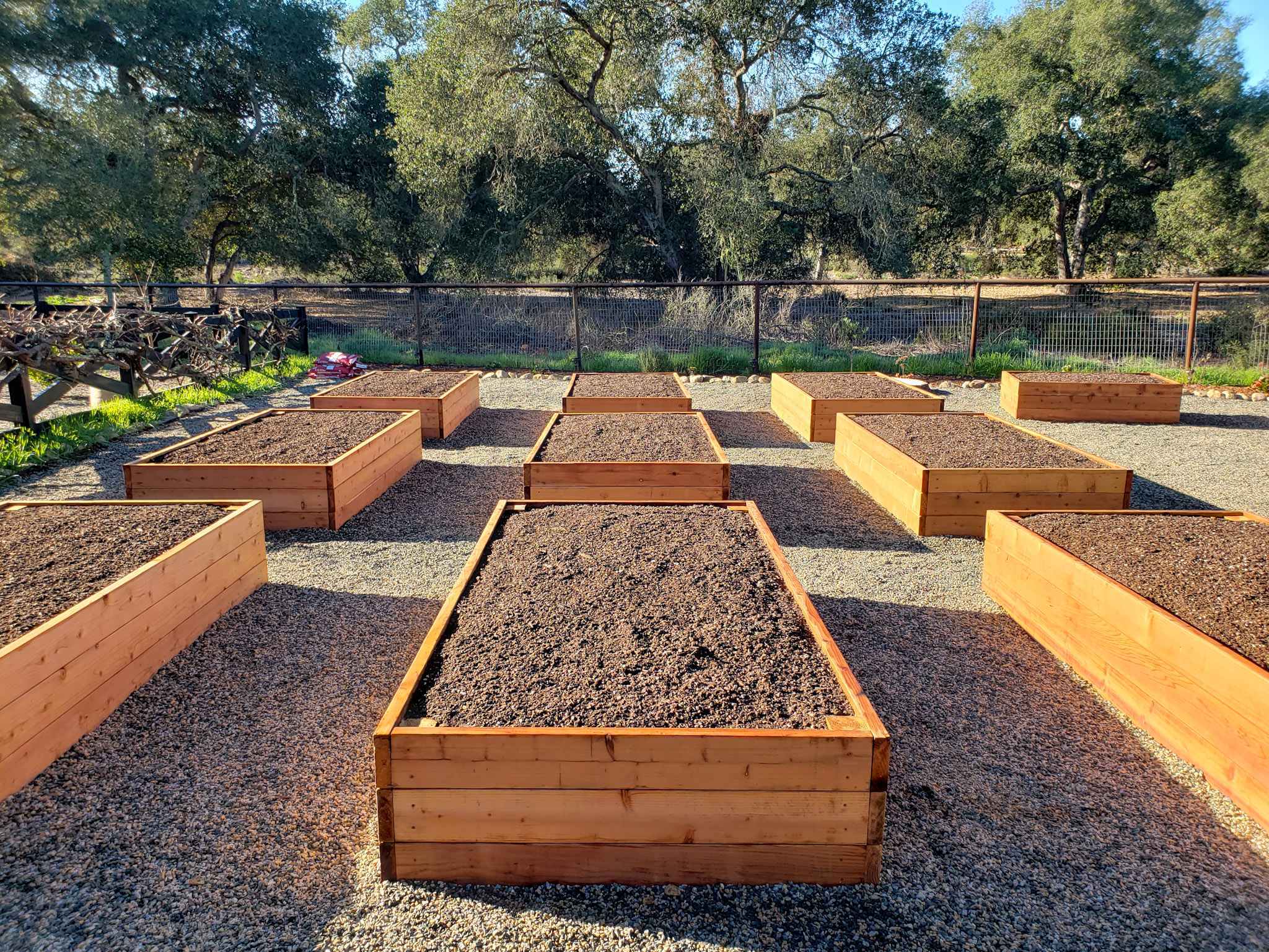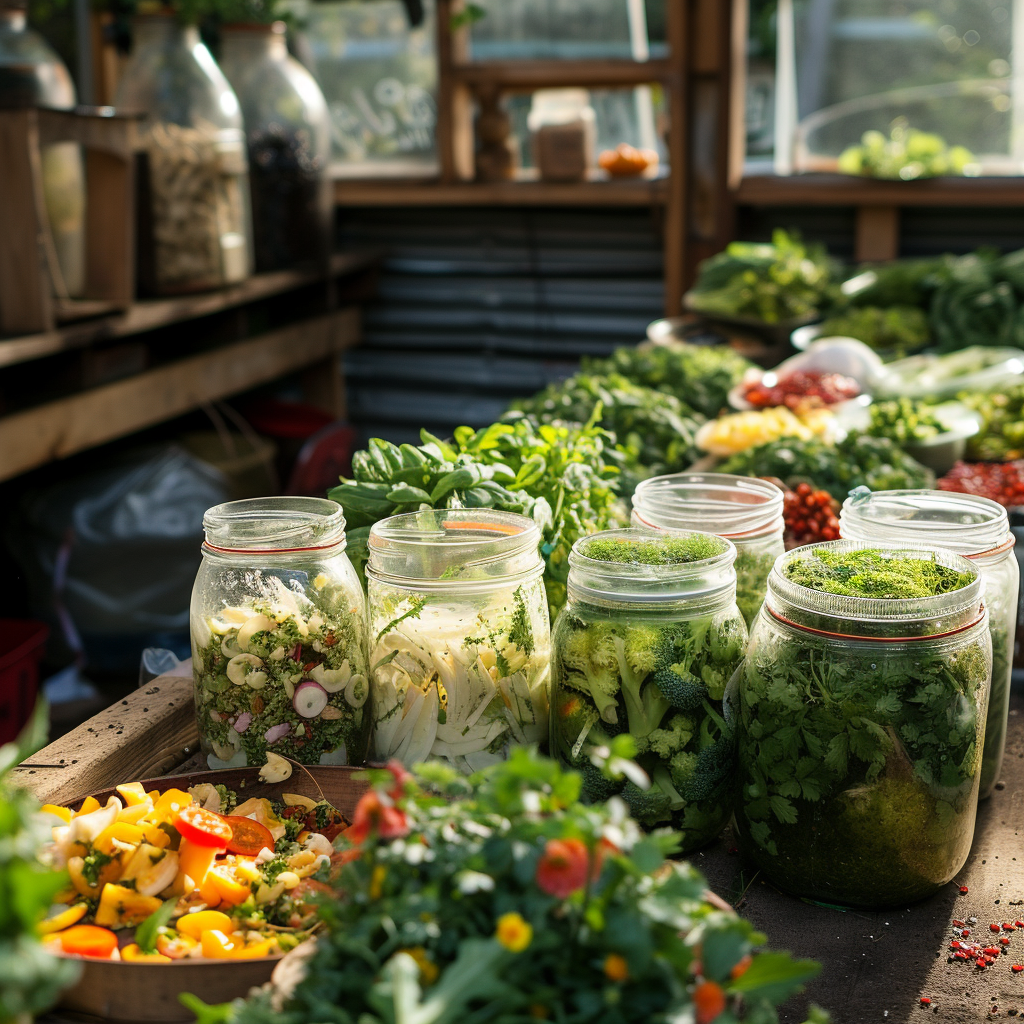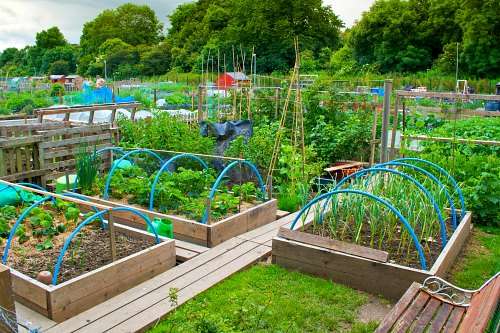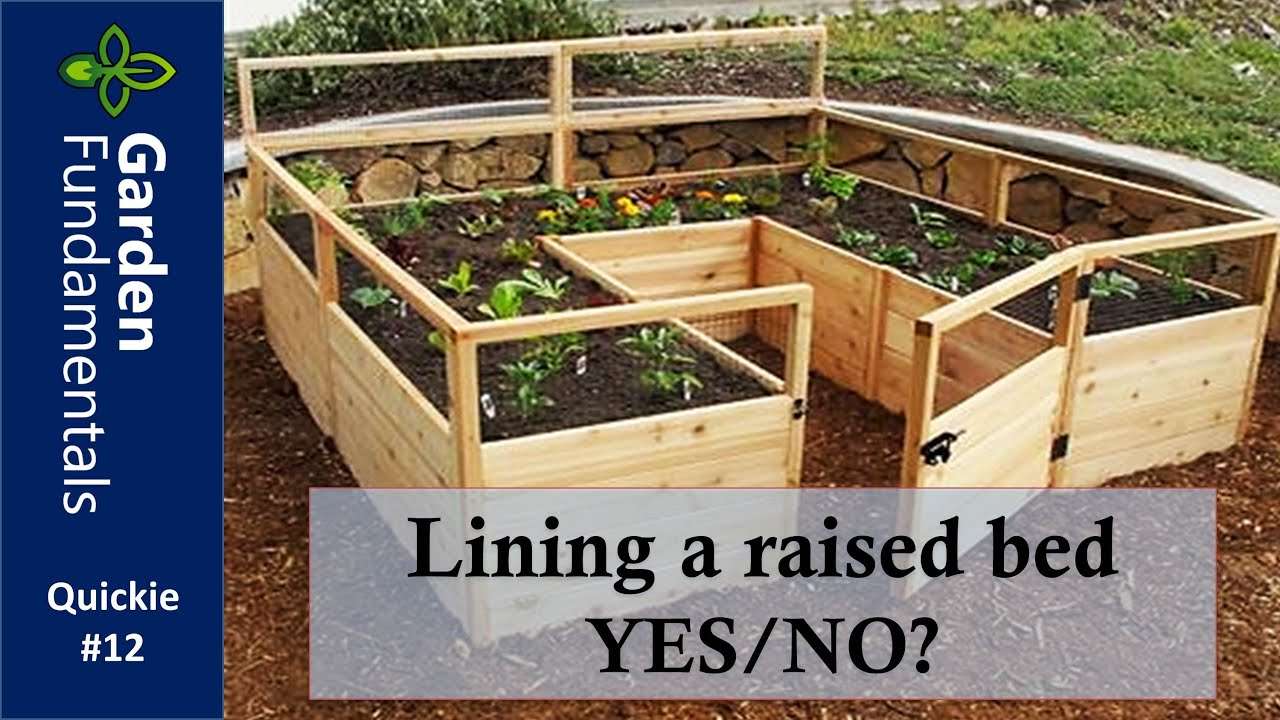Hello there! In this article, we’ll be discussing the benefits of compacting soil in a raised bed. Whether you’re into off-grid living or passionate about gardening, you might be wondering if compacting the soil in your raised bed is necessary. Well, fear not! We will be exploring the reasons why compacting the soil can actually be quite beneficial. So, if you’re curious to learn more about this topic, keep reading to discover all the advantages and tips for compacting soil in a raised bed.
Benefits of Compacting Soil in a Raised Bed
If you are an avid gardener or have recently embraced the concept of off-grid living, you may find yourself considering the construction of a raised bed for your plants. Raised beds offer numerous advantages, including improved soil quality and better control over pests and weeds. One often overlooked step in constructing a raised bed is compacting the soil. Compacting soil in a raised bed can provide a range of benefits that enhance the stability of your garden and maximize the health and productivity of your plants. In this article, we will explore the many advantages of compacting soil in a raised bed and why it is a crucial step in creating a successful growing environment.
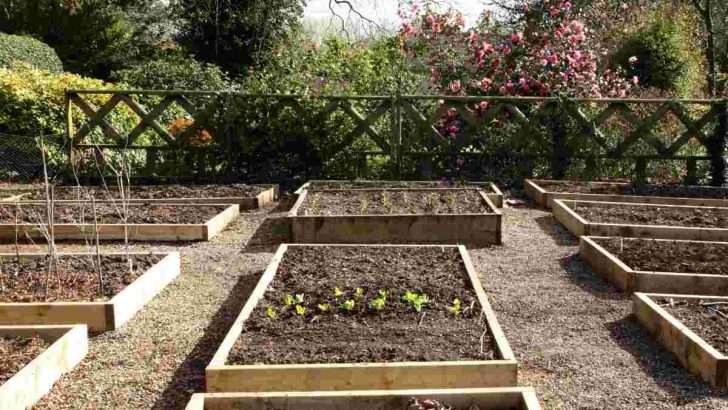
Increase Soil Stability
One of the primary benefits of compacting soil in a raised bed is the increased soil stability it provides. Compacted soil is denser and more tightly packed, reducing the risk of soil erosion caused by wind or heavy rainfall. When loose soil is exposed to external forces, such as strong winds or heavy downpours, it can easily be washed away, leaving your plants vulnerable and undermining the stability of the raised bed itself. By compacting the soil, you create a solid foundation that holds the plants in place and minimizes the risk of soil displacement.
Improve Water Drainage
Good water drainage is essential for maintaining the health of your plants. Excessive water saturation can lead to root rot or other water-related issues, while insufficient drainage can cause water to pool around the plant’s roots, depriving them of oxygen and nutrients. By compacting the soil in a raised bed, you create a more even and consistent surface that allows water to flow freely and evenly through the soil layers, preventing excess water buildup and promoting proper hydration for your plants.
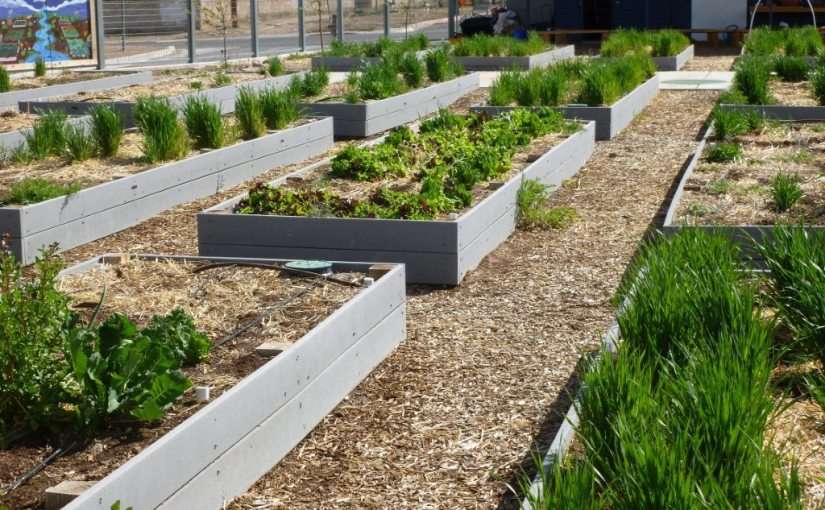
Prevent Soil Erosion
Soil erosion is a common concern for gardeners, especially in raised beds where the soil is more exposed to external elements. When loose soil is exposed to heavy rainfall or strong winds, it can easily be carried away, leaving behind bare patches and potentially damaging your plants. By compacting the soil in a raised bed, you create a strong and stable foundation that resists erosion, ensuring that your plants’ roots remain securely anchored and minimizing the risk of soil loss.
Enhance Nutrient Retention
Retaining essential nutrients is crucial for the health and growth of your plants. When loose soil is not compacted, nutrients can easily leach out, especially during heavy rainfall or irrigation. This results in poor nutrient availability for your plants and may require additional fertilizers to compensate. By compacting the soil in a raised bed, you create a denser structure that improves nutrient retention, allowing your plants to access the necessary nutrients without undue loss through leaching.
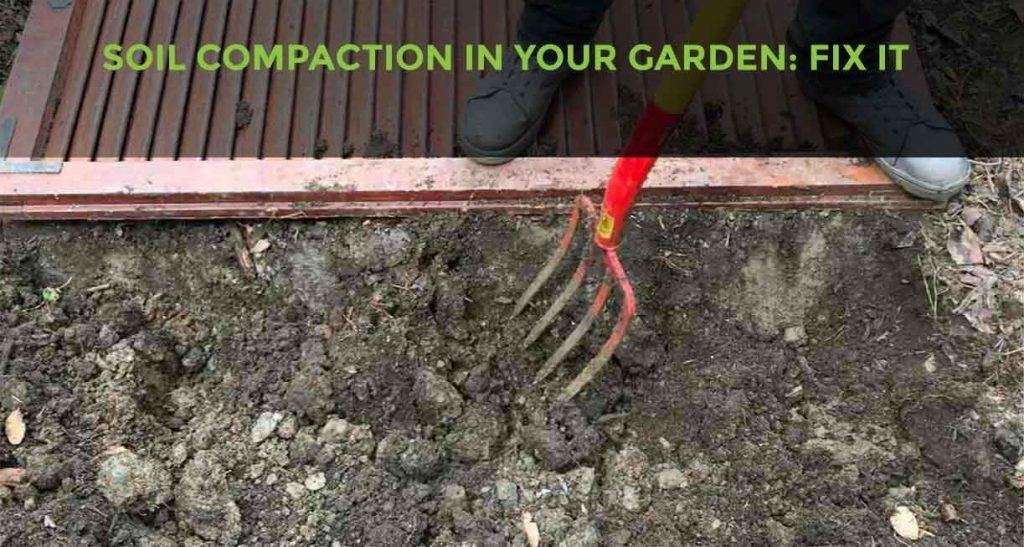
Promote Root Growth
Compacting the soil in a raised bed can greatly benefit the growth of plant roots. When soil is compacted, it provides a firmer substrate for the roots to anchor themselves, promoting stability and reducing the risk of plants toppling over. Additionally, compacted soil allows for better oxygen flow, enabling the roots to breathe and absorb necessary nutrients more efficiently. The firmness of compacted soil also provides resistance for the roots to push against, stimulating their growth and encouraging a more extensive and robust root system.
Create a Stable Growing Environment
A stable growing environment is vital for the overall health and productivity of your garden. By compacting the soil in a raised bed, you create a solid foundation that ensures your plants’ stability and reduces the risk of damage caused by external forces. This stability also allows you to more effectively control and manipulate the growing conditions within the raised bed, such as watering, fertilization, and pest control, resulting in a more controlled and successful gardening experience.
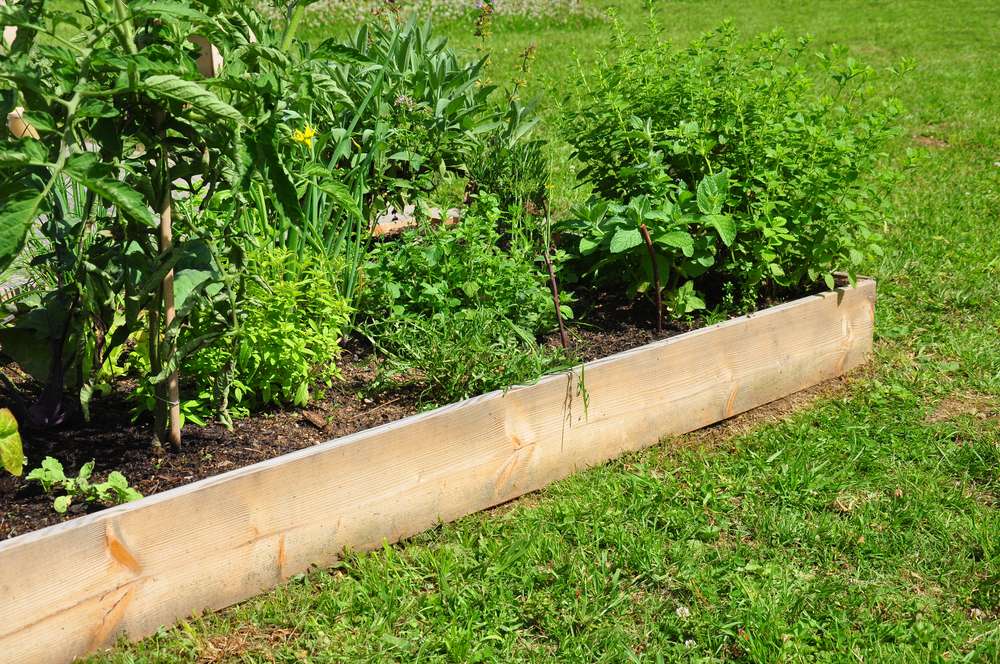
Maximize Plant Health
Compacted soil in a raised bed can significantly contribute to the health and well-being of your plants. By providing a stable and enriched environment, compacted soil reduces the risk of stress and damage to the plants. With better nutrient retention, improved water drainage, and enhanced root growth, your plants are more resilient and capable of thriving, resulting in healthier foliage, stronger stems, and increased resistance to pests and diseases.
Increase Crop Yield
A well-structured raised bed with compacted soil can lead to higher crop yields. The increased stability and nutrient retention provided by compacted soil promote optimal plant growth and development. Plants grown in compacted soil are more likely to produce healthy and abundant fruits and vegetables, ensuring a bountiful harvest. This increased crop yield not only benefits your kitchen table but also increases self-sufficiency for off-grid living enthusiasts, providing a greater supply of homegrown produce.
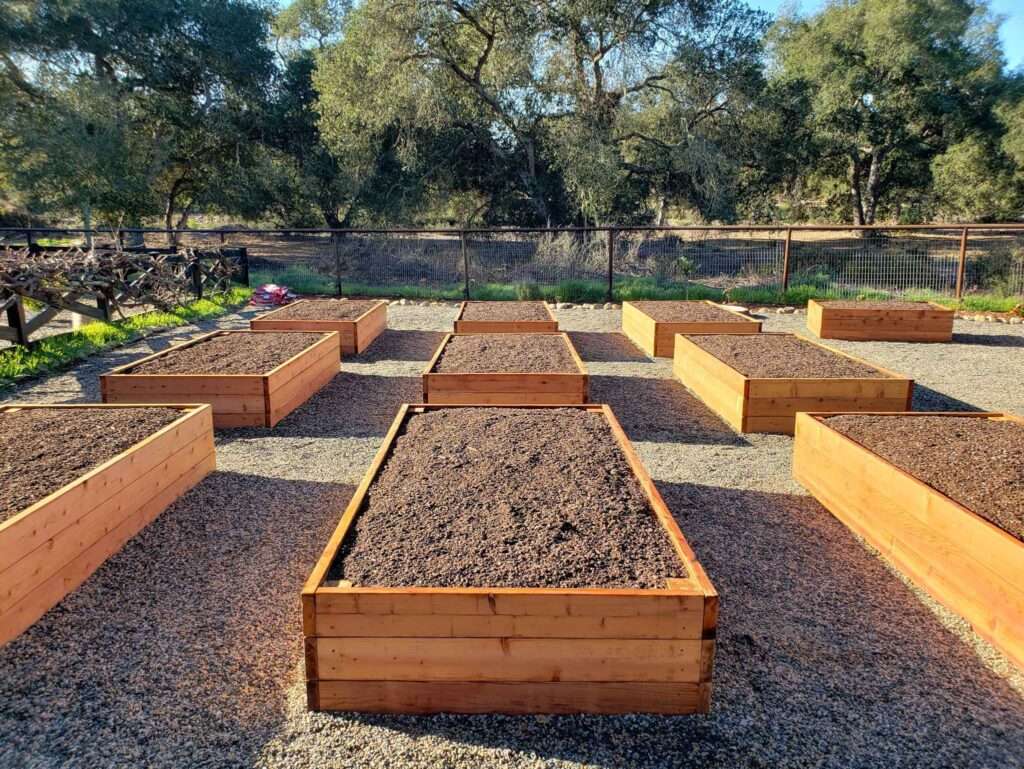
Improve Weed Control
Weeds are a common nuisance in gardens, competing with your plants for sunlight, water, and nutrients. By compacting the soil in a raised bed, you create a denser surface that impedes the growth and spread of weeds. The compacted soil makes it more difficult for weed seeds to take root and establish themselves within the raised bed. This reduces the need for constant weeding and decreases the competition faced by your plants, allowing them to grow and thrive without the interference of unwanted vegetation.
Reduce Soil Settling
Over time, soil can settle and compact naturally, especially in raised beds. This settling can lead to uneven surfaces and create pockets of air within the soil, which can hinder water flow and nutrient distribution. By compacting the soil initially, you reduce the likelihood of significant soil settling in the raised bed. This ensures a more consistent soil structure and composition, allowing for better water penetration and nutrient absorption throughout the entire bed, resulting in healthier and more productive plants.
Ensure Uniform Water Distribution
Water distribution is crucial for plant health, and uneven water dispersion within a raised bed can lead to inconsistent growth and potential stress for your plants. When soil is compacted, it provides a more uniform surface that allows water to be distributed evenly across the bed. This promotes consistent hydration for all plants, ensuring that each one receives the necessary moisture for optimal growth. With improved water distribution, your plants will flourish and thrive, resulting in a vibrant and productive garden.
Minimize Soil Movement
When loose soil is exposed to external forces, such as heavy rain or strong winds, it can be easily moved or displaced. This can lead to patchy areas within the raised bed and create an uneven surface that can impede plant growth. By compacting the soil, you minimize the risk of soil movement, ensuring that your plants remain firmly rooted and stable. This stability allows for better overall plant development and facilitates the efficient utilization of resources, resulting in healthier plants and a more visually pleasing garden.
Enhance Soil Insulation
In regions with varying climates, soil insulation becomes an essential factor in maintaining a conducive growing environment. Compacted soil acts as an insulation layer, protecting plant roots from extreme temperature fluctuations. Whether it is insulation from the scorching heat in summer or the freezing cold in winter, compacted soil provides a buffer that helps maintain a more stable soil temperature. This insulation enhances the overall health and vitality of your plants throughout the seasons, ensuring their continued growth and productivity.
Boost Overall Garden Productivity
Ultimately, compacting the soil in a raised bed can significantly boost the overall productivity of your garden. By providing a stable and nutrient-rich environment, compacted soil encourages optimal plant growth, leading to higher crop yields, healthier plants, and greater self-sufficiency. The enhanced water drainage, weed control, and soil stability provided by compacted soil contribute to a thriving garden that requires less maintenance and yields more successful results. Whether you are an off-grid enthusiast or simply passionate about gardening, compacting soil in a raised bed is a key step towards maximizing your garden’s productivity.
In conclusion, the benefits of compacting soil in a raised bed are numerous and far-reaching. From increased soil stability and improved water drainage to enhanced nutrient retention and weed control, compacting the soil creates a solid foundation for your plants to flourish. It promotes root growth, creates a stable growing environment, and boosts overall plant health and productivity. So if you find yourself wondering whether you need to compact the soil in your raised bed, the answer is a resounding yes. By taking the time to compact the soil, you are investing in the long-term success of your garden and ensuring a bountiful harvest for years to come.

